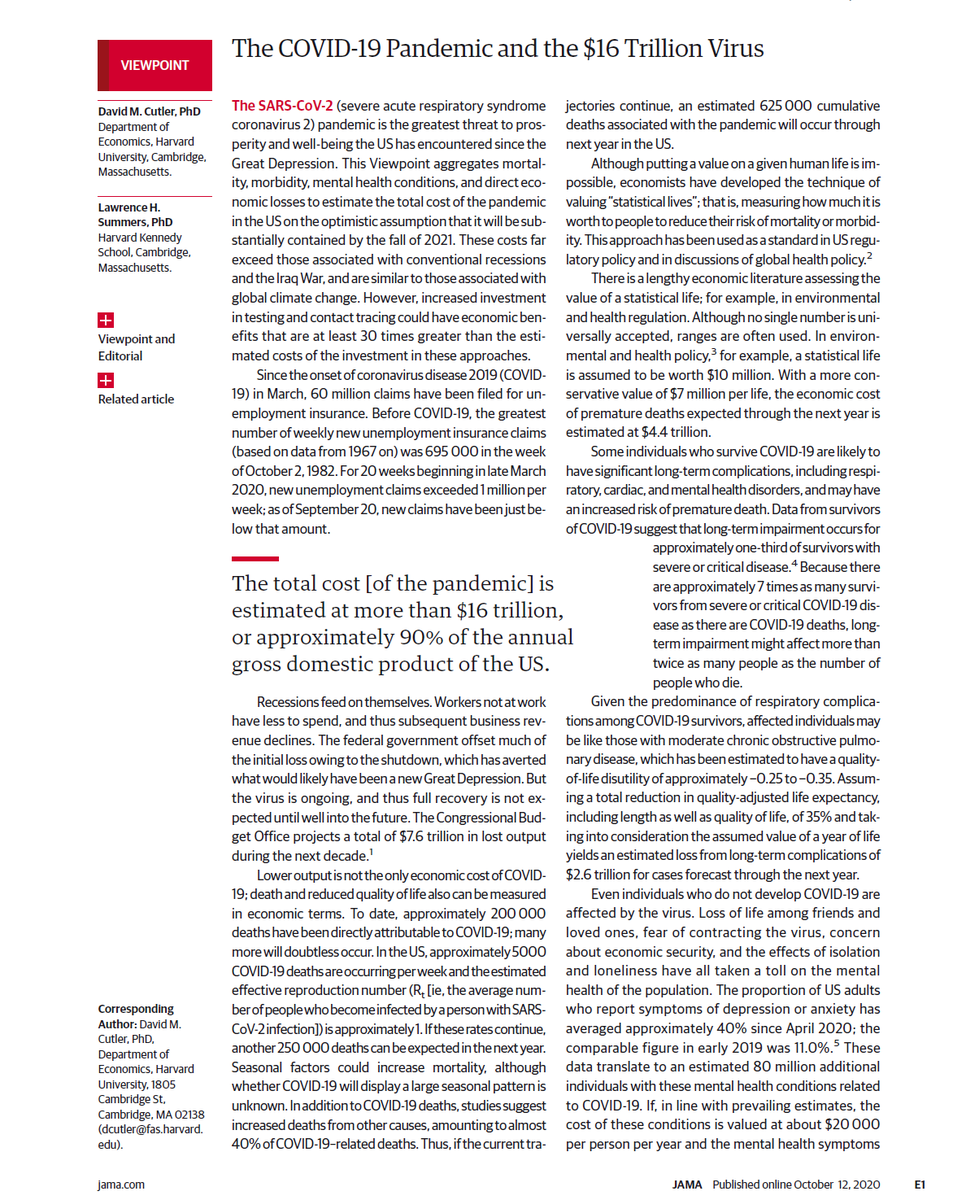
Great @YahooFinance piece today by @serwer & @MaxZahn_ on fine work @broadinstitute. finance.yahoo.com/news/the-billi… via @Yahoo
As I say in the story, @Harvard investment in @broadinstitute was one of the easiest decisions made during my time as President. In many ways you can measure it, Harvard’s investment in the Broad has been a spectacular success.
I don’t know any other philanthropists who have turned the same rigor, exacting standards and persistence that made them wealthy to their philanthropy in the way Eli Broad, supported by Edye’s shrewd human judgment, has done. @UnreasonableEli
I’ve known rigorous analytical thinkers and impressive entrepreneurial impresarios. But the only person I know who has both, is @eric_lander
• • •
Missing some Tweet in this thread? You can try to
force a refresh



